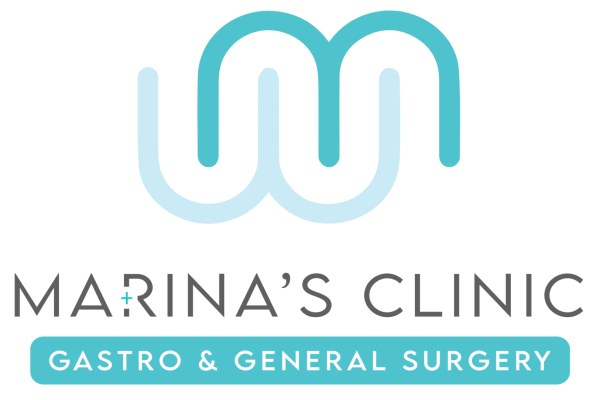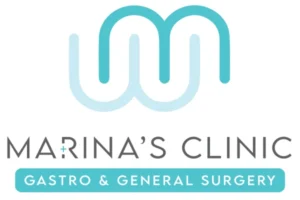Persistent Abdominal Pain, Bloating, or Unexplained Weight Loss When to See a Specialist

Most people experience stomach discomfort once in a while maybe after a heavy meal or a stressful day. But when pain, bloating, or unexplained weight loss becomes frequent, it’s no longer “just digestion.”
At Marina’s Clinic, we often see patients who’ve ignored these symptoms for weeks or months only to find underlying conditions that could have been easily managed if detected earlier.
Here’s how to know when it’s time to seek medical advice.
1. Why Persistent Abdominal Pain Shouldn’t Be Ignored
Occasional cramps or indigestion are common. But if your abdominal pain lasts more than a few days or keeps coming back, it might point to deeper issues such as:
- Gastritis or ulcers – inflammation of the stomach lining.
- Gallstones or kidney stones – causing sharp pain in the upper or side abdomen.
- Irritable Bowel Syndrome (IBS) – recurrent bloating and discomfort without structural damage.
- Hernia – a visible or invisible bulge causing pressure and pain.
- Appendicitis – sharp, sudden pain on the lower right side (requires urgent surgery).
Bloating That Doesn’t Go Away
Bloating may feel like gas or heaviness, but chronic bloating could mean more serious digestive imbalances:
- Food intolerances (like lactose or gluten).
- Excess acid reflux or gastritis.
- Colon-related disorders (like IBS or inflammatory bowel disease).
- Gallbladder or liver conditions.
3. Unexplained Weight Loss A Silent Red Flag
Losing weight without dieting or increased activity is never normal.
It can signal issues like:
- Thyroid or metabolic disorders
- Digestive malabsorption (your body isn’t absorbing nutrients)
- Ulcers or chronic gastritis
- Liver or pancreatic conditions
- In rare cases, gastrointestinal cancers
4. How Marina’s Clinic Helps
Our clinic provides comprehensive gastro and surgical care under one roof:
- Gastroenterology consultations and diagnostic tests
- Laparoscopic (keyhole) surgeries for hernia, gallbladder, appendix, and colon
- Nutritional counselling and lifestyle guidance
- Post-surgery care and follow-up support
5. How You Can Take Control at Home
While medical evaluation is key, a few habits can help support digestive health:
- Eat on time; avoid skipping meals.
- Stay hydrated and limit processed foods.
- Reduce caffeine, alcohol, and late-night meals.
- Manage stress it directly affects your gut.
- Schedule regular health check-ups after age 30.
Recent Posts
-
The Role of Nutrition in Mental Health: What to Know10 Feb 2026
-
Thyroid Disorders Explained: From Symptoms to Treatment Options in Chennai02 Feb 2026
-
Why Minimally Invasive Surgeries Are Becoming the Top Choice in Chennai26 Jan 2026
-
Weight Loss Surgery Explained: Types, Benefits & Who Is Eligible19 Jan 2026
-
How Stress Impacts Haemorrhoid Development and Management12 Jan 2026

